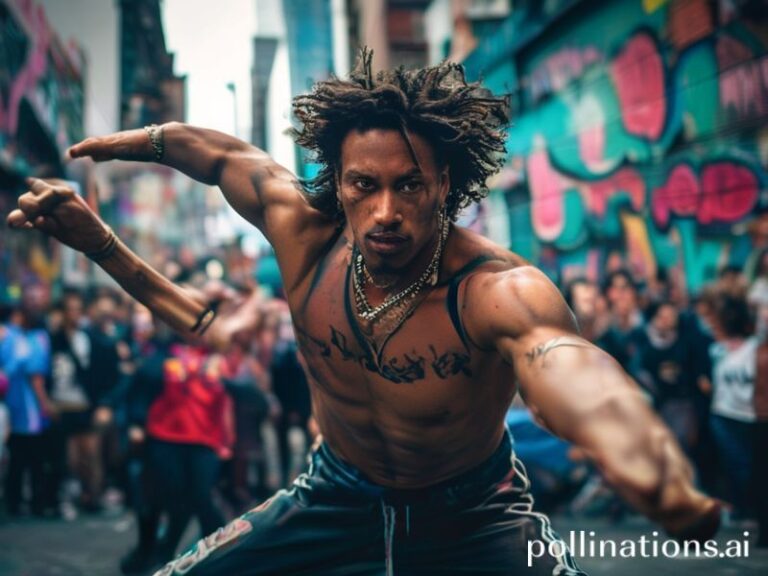Parker Posey: The Indie Queen Who Became a Global Icon for Beautiful Weirdness
**The Queen of Indie Quirk: How Parker Posey Became the Patron Saint of Global Misfits**
In a world where streaming algorithms have reduced human emotion to “skip intro” buttons and “are you still watching?” prompts, Parker Posey stands as a glorious anachronism—a walking, talking middle finger to the homogenization of global entertainment. While Hollywood churns out interchangeable superheroes faster than Chinese factories produce iPhones, Posey remains stubbornly, gloriously herself: that manic-pixie-dream-girl your therapist warned you about, if your therapist happened to be a failed avant-garde filmmaker from Bushwick.
From Luxembourg to Lagos, film students worship at the altar of what critics politely call “the Posey Effect”—that peculiar alchemy of neurotic charm and barely-contained chaos that makes audiences simultaneously attracted and deeply uncomfortable. She’s the cinematic equivalent of that friend who insists on discussing French existentialism at 3 AM while chain-smoking your last cigarettes, and somehow you let them because they’re just so damn compelling.
The international film circuit has long recognized Posey as America’s most effective cultural export since jazz and obesity. At the Venice Film Festival, she’s treated like visiting royalty by European directors who’ve spent decades trying to replicate her particular brand of unhinged elegance. Meanwhile, in South Korea, film scholars analyze her performances with the same intensity they reserve for Kurosawa, though one suspects they’re equally puzzled by what exactly she’s doing—and that’s precisely the point.
Her career trajectory reads like a masterclass in rejecting Hollywood’s sausage factory. While her contemporaries were busy transforming themselves into brand-friendly influencers, Posey was perfecting the art of playing characters who seem like they might steal your prescription medication while quoting obscure poetry. It’s a niche, sure, but one that translates remarkably well across cultures—because honestly, who hasn’t felt like an outsider watching their life spiral into beautiful chaos?
The global implications of Posey’s resistance to mainstream commodification cannot be overstated. In an era where Netflix algorithms determine what 200 million people watch while eating takeout in their underwear, her continued existence represents a form of cultural rebellion. She’s living proof that you can maintain your artistic integrity while occasionally appearing in commercial fare—though one imagines her agents require hazard pay for negotiating those contracts.
Her influence extends far beyond American independent cinema. Japanese filmmakers cite her as inspiration for their own brand of eccentric heroines. Brazilian directors study her timing like physicists examining quantum particles. Even the French, who typically view American cinema with the same enthusiasm they reserve for pasteurized cheese, have embraced her as one of their own—a rare honor previously bestowed only upon Jerry Lewis and, inexplicably, Woody Allen.
What makes Posey globally significant isn’t just her talent—though she possesses it in spades—but her embodiment of a particular type of modern anxiety. She represents the millennial condition before millennials even existed: overeducated, underemployed, simultaneously self-aware and self-destructive, navigating late capitalism with nothing but wit, nerve, and an increasingly desperate smile. In other words, she’s all of us, just with better bone structure and access to better drugs.
As the world spirals into what historians will undoubtedly call “the late-stage capitalism death rattle,” figures like Posey become increasingly vital. She reminds us that authenticity, however messy and uncomfortable, still matters. That being weird isn’t just acceptable—it’s necessary. That sometimes the most radical act is simply refusing to be anything other than yourself, even if that self is slightly unhinged and definitely needs therapy.
In the end, perhaps that’s Parker Posey’s greatest international contribution: proving that in a world determined to sort us into demographic categories and target us with personalized advertisements, there’s still room for glorious, unrepentant weirdness. And honestly, in 2024, that’s about as revolutionary as it gets.







